Tackling Global Challenges Together
The ARC co-locates diverse research teams and ideas in an innovative space, designed to stimulate cross-disciplinary activities by removing disciplinary and organisational structures and external barriers.
Research teams will work alongside each other in an open and shared environment that will test and refine collaborative approaches in research delivery. This is the first time a Russell Group University has attempted to co-locate such a diverse mix of interdisciplinary researchers in one research facility.
ARC residents include researchers at all career stages, drawn from across the University. They are encouraged to create and drive cross-disciplinary networks and partnerships, make connections internally and externally, work together to drive discovery research and deliver transformative solutions to current and future global challenges.
The ARC has flexible growth spaces for new and existing connections to develop and grow. Providing room to flex and adapt in response to the dynamic research and innovation environment needed to inspire collaborations at the intersection of different disciplines.
Spotlight on Research
'Spotlight on Research' focuses on our world-changing researchers and their fantastic work at the University of Glasgow. The series showcases how researchers at different stages in their career contribute to the University’s mission to transform lives through ideas and action.
Hessam Mehr - Chemistry, Information & Discovery
Tim Peacock - History, War Studies & Gaming
Lisa Bradley - Creative and Interdisciplinary Studies
Fedra Trujillano - Earth Observation
Wridhdhisom Karar - Quantum Computing
Marta Vignola - Water Treatment Technologies
Research Projects
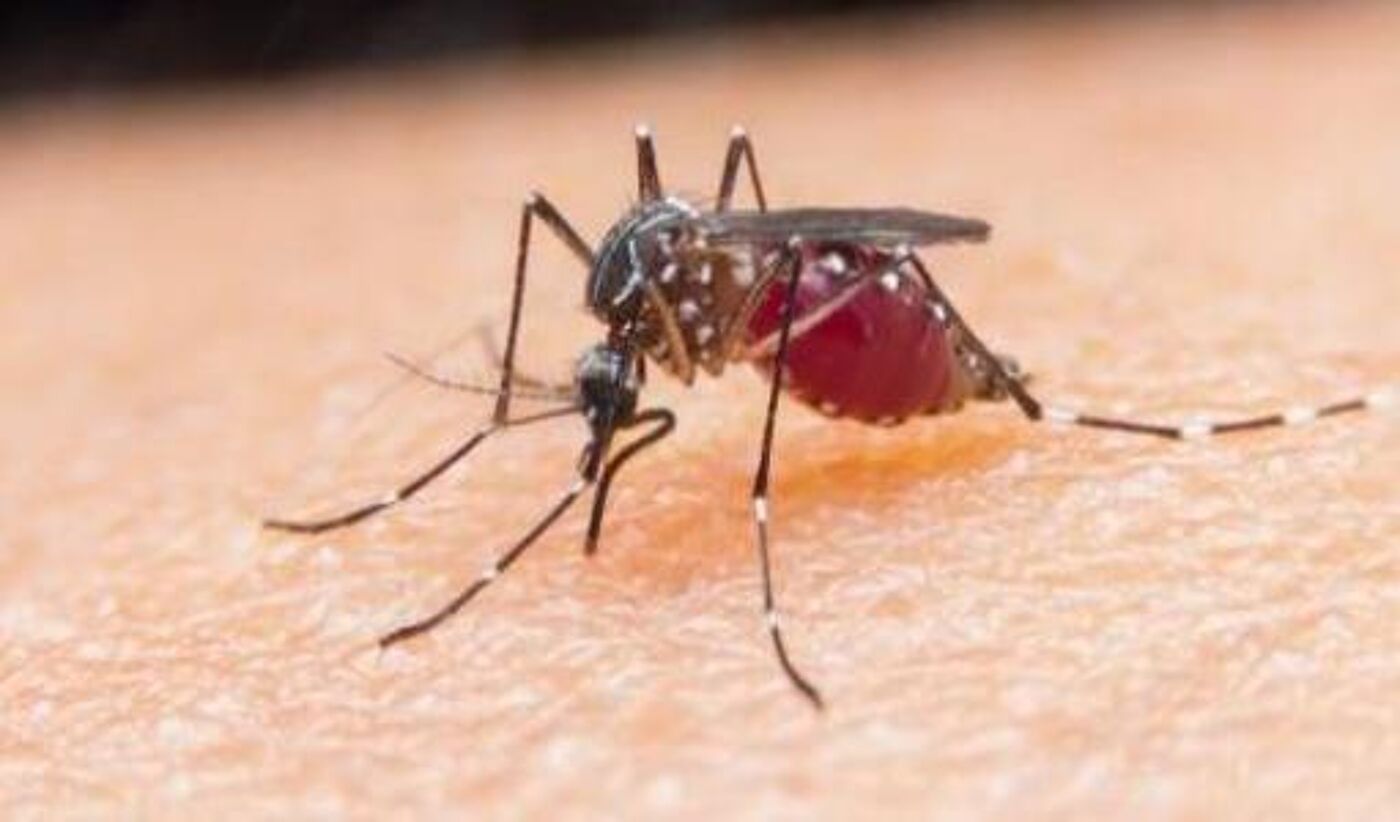
Malaria
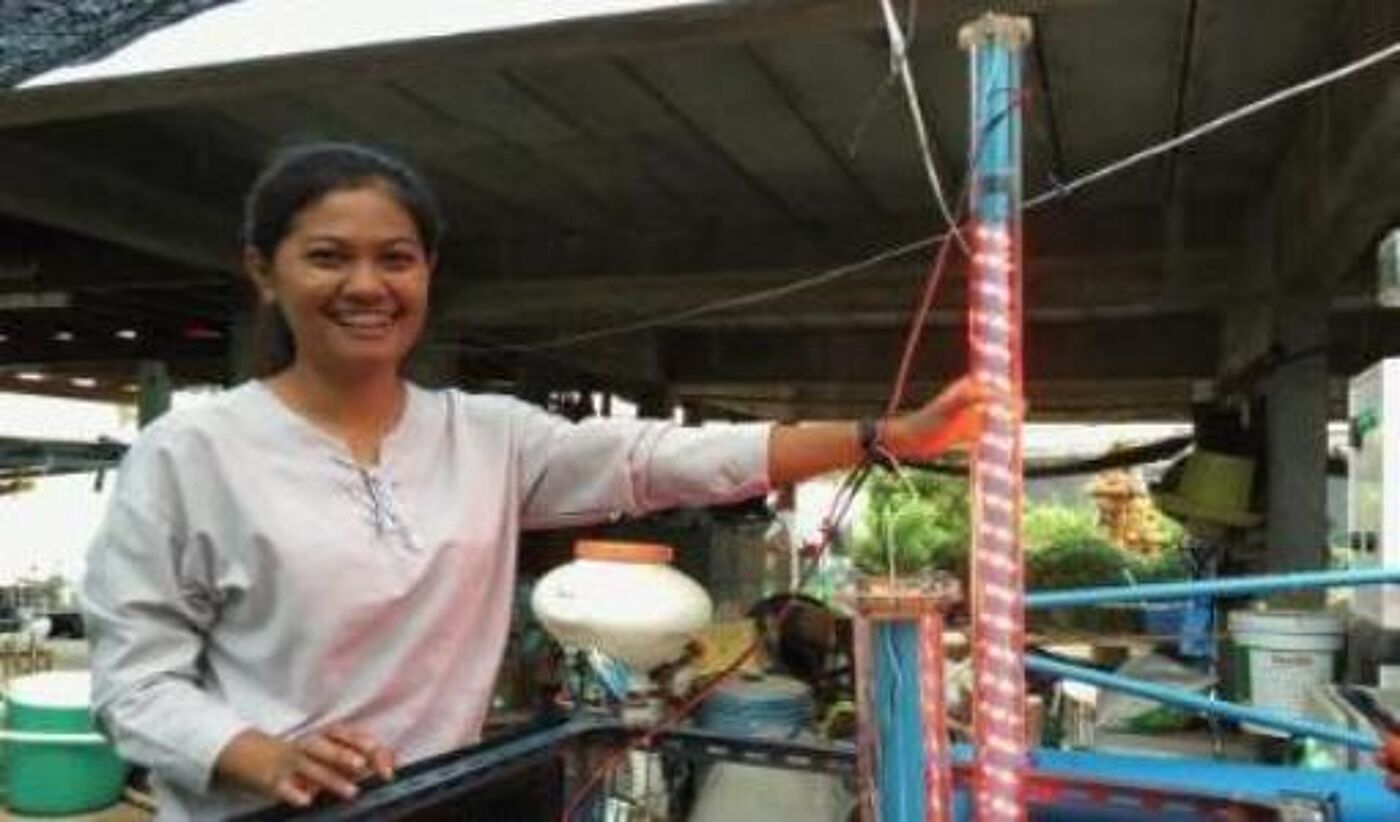
Water Engineering
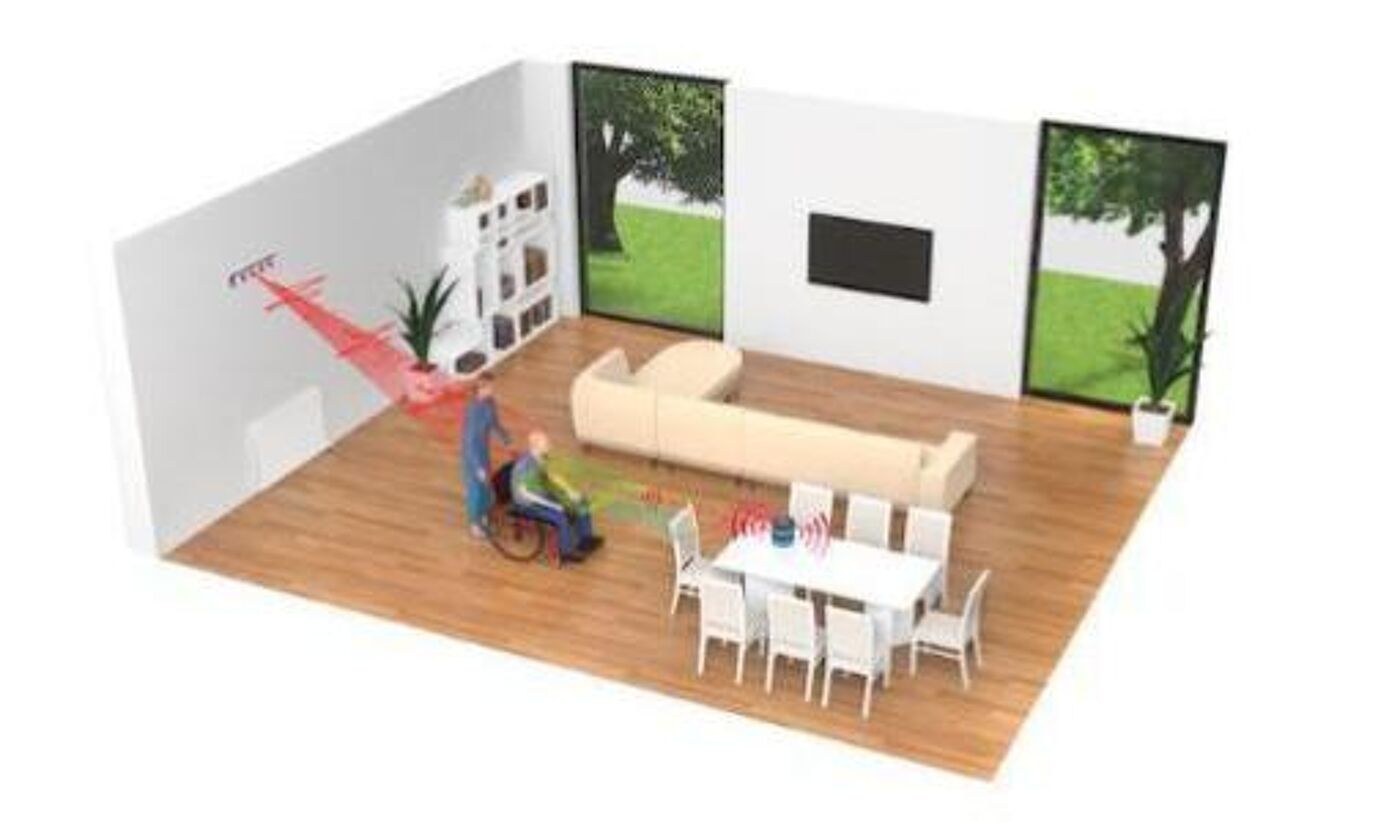
Healthcare monitoring at home
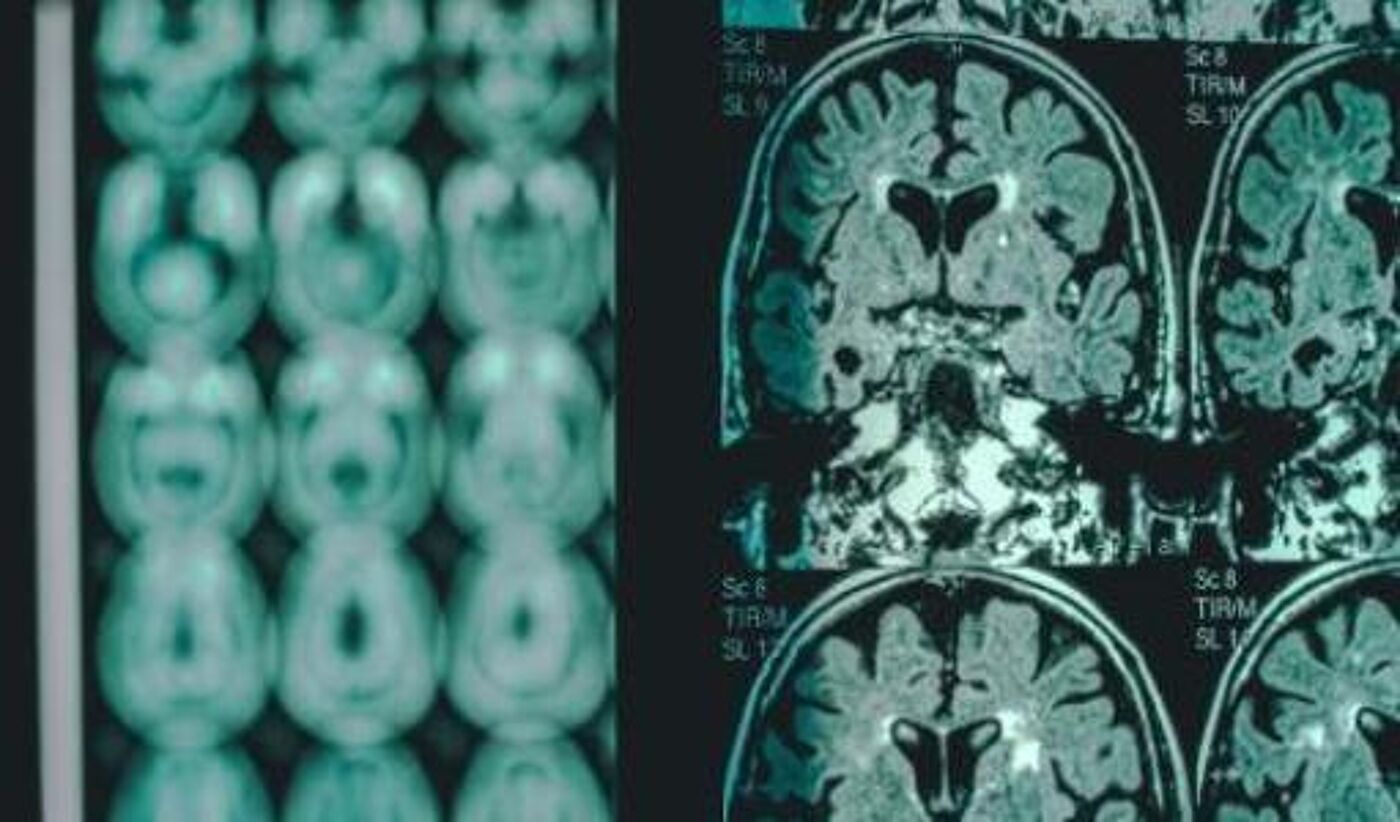
Alzheimer’s Disease
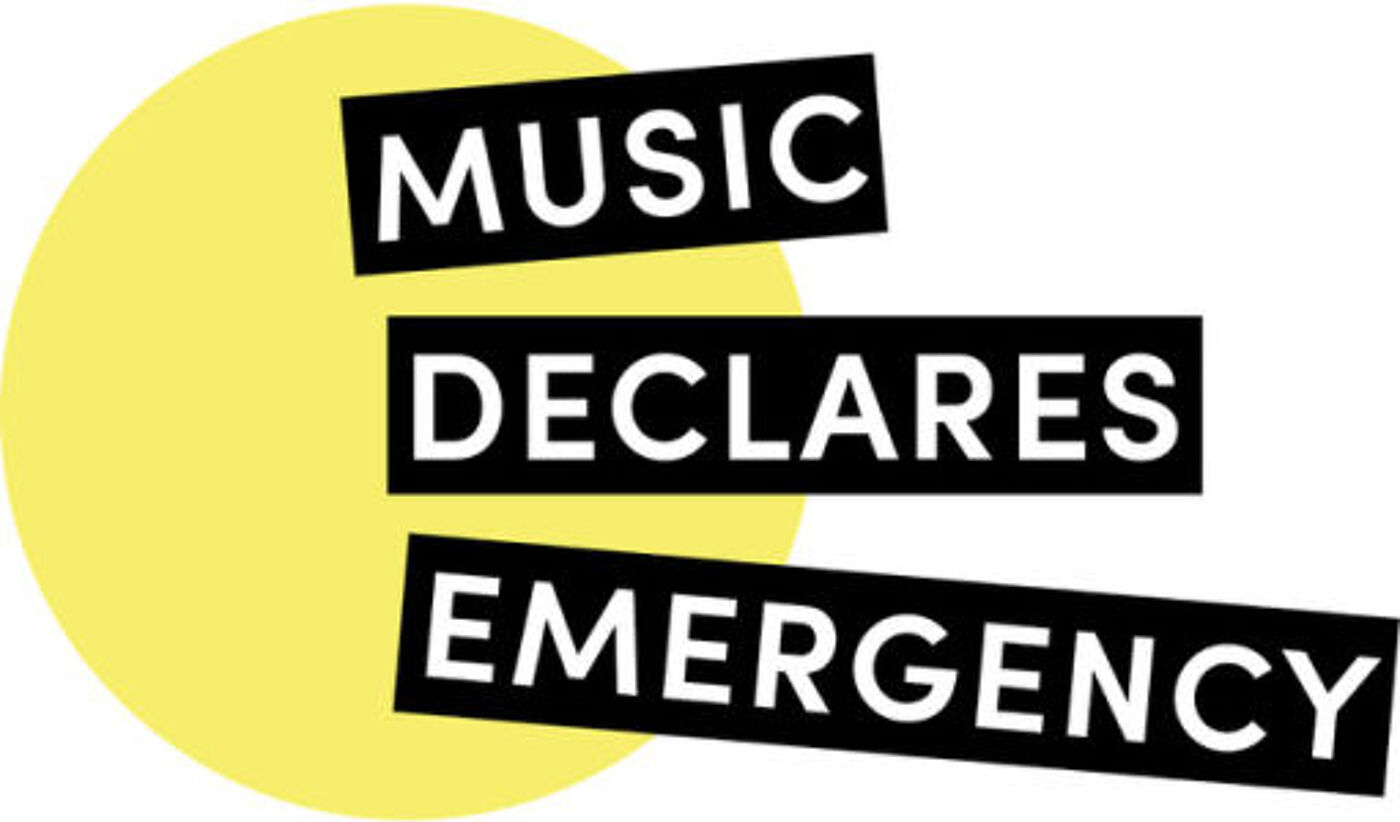
Climate change and the music industry
Understanding the environmental impact of the music industry









